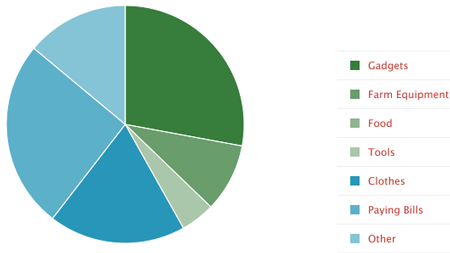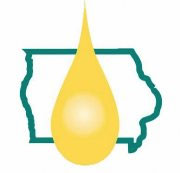![]() Alliance AutoGas is now EPA-certified to convert more than 200 vehicle types to propane autogas utilizing the Prins System. The company is a conversion equipment provider and co-founding partner of American Alternative Fuel.
Alliance AutoGas is now EPA-certified to convert more than 200 vehicle types to propane autogas utilizing the Prins System. The company is a conversion equipment provider and co-founding partner of American Alternative Fuel.
American Alternative Fuel privately funded these EPA certifications to ensure fleet owners and managers nationwide can choose from a wide variety of vehicle makes and models when converting to clean-burning autogas. With more than 200 eligible vehicles, this is the largest privately financed portfolio of autogas vehicle certifications in the United States. New certifications include the latest model years for the popular Ford Crown Victoria and E-series vans and additional certifications for several medium duty GM platforms.
Fleets running on autogas see savings on both fuel and maintenance costs. Autogas is an average of $1.25 per gallon less than gasoline and many Alliance AutoGas fleets report reduced maintenance needs and increased vehicle engine life after shifting to autogas. In addition to the cost-savings benefits of autogas, it is also a clean-burning fuel that is 90 percent domestically produced.
Alliance AutoGas provides both bi-fuel and propane-dedicated conversions using Prins vapor and liquid injection technology. The bi-fuel Prins VSI system gives drivers peace of mind because vehicles automatically switch back to gasoline if the autogas tank runs low when a fueling station cannot be reached.






 The
The  There’s a hot new craze called the “Ethanol Shuffle” that’s sweeping seaports from Sao Paulo to Los Angeles. No, it’s not a new dance, this shuffle is all about the “confounded realignment of the global ethanol trade.”
There’s a hot new craze called the “Ethanol Shuffle” that’s sweeping seaports from Sao Paulo to Los Angeles. No, it’s not a new dance, this shuffle is all about the “confounded realignment of the global ethanol trade.”
 ZimmComm New Media is proud to announce the very first (that we know of) Ag Events Calendar.
ZimmComm New Media is proud to announce the very first (that we know of) Ag Events Calendar. The
The 
 In
In